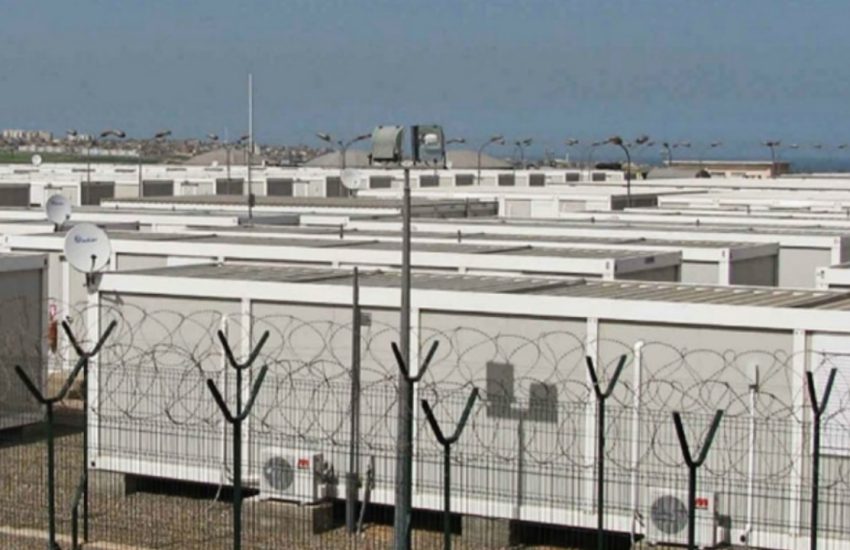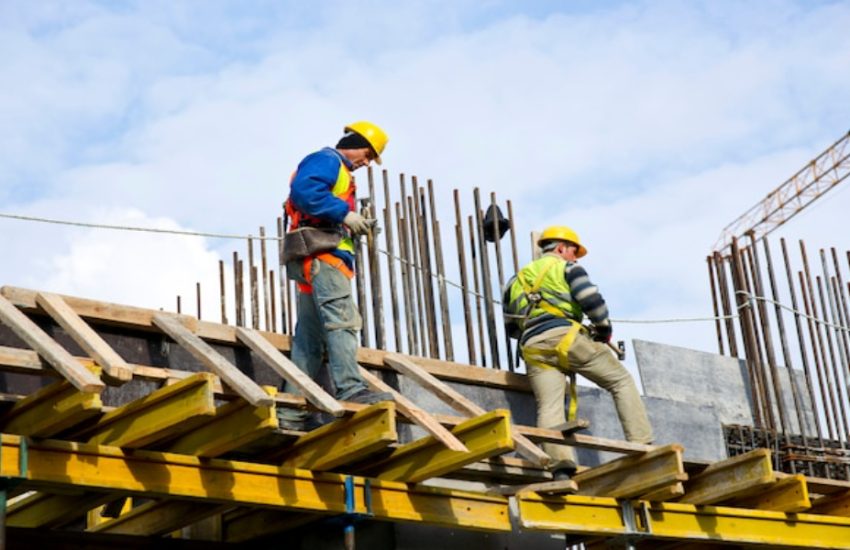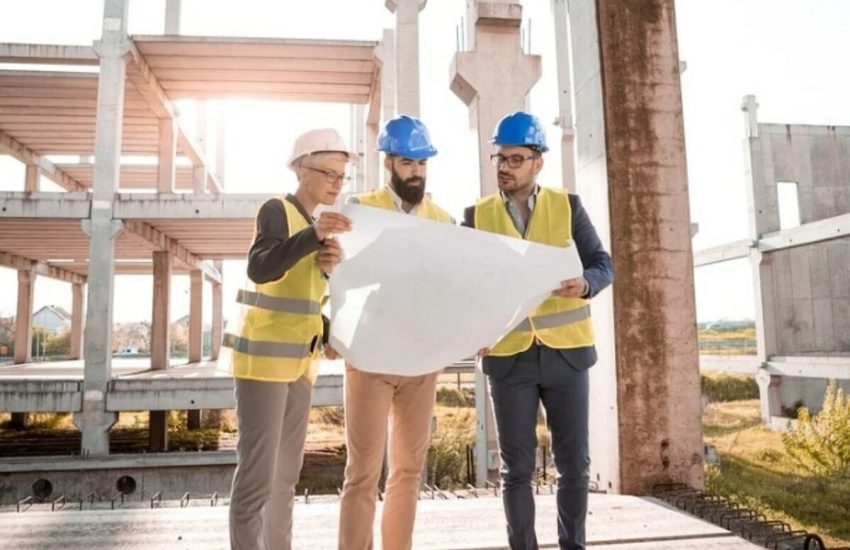Different Types of Demolition Projects: A Guide from Top Demolition Contractors in London
Demolition projects vary widely in scope, complexity, and technique, making it essential to understand the different types and processes involved. With a city as diverse and historic as London, professional demolition contractors in London are skilled in managing an array of demolition types to meet the city’s unique architectural demands, regulatory standards, and environmental guidelines. Here’s an in-depth look at the different types of demolition projects and what each entails.
1. Selective Demolition
Selective demolition involves removing specific portions of a structure while preserving other areas. Often chosen for renovations, this type of demolition allows for the modification or upgrade of specific parts of a building without disrupting its entire structure.
Use Cases:
- Updating interior spaces within historic buildings.
- Retaining structural elements in architectural renovations.
- Modernizing parts of a commercial building, such as adding new facilities or amenities.
Why It’s Unique:
Selective demolition requires precision and expertise, especially in London, where historic preservation is paramount. Professional demolition contractors in London ensure that surrounding structures and areas remain undisturbed while skillfully executing selective demolition.
2. Interior Demolition
Interior demolition focuses solely on the interior of a building, stripping it down to its core structure while leaving the exterior intact. It includes removing walls, floors, ceilings, and other interior components to prepare the building for a complete redesign or rebuild from within.
Use Cases:
- Office space repurposing.
- Residential renovations in multi-story buildings.
- Commercial properties needing a complete interior overhaul.
Why It’s Unique:
Interior demolition can be especially challenging in densely populated cities like London. Contractors must manage dust, noise, and waste removal meticulously to avoid disrupting neighboring areas. Experienced demolition contractors in London employ techniques like dust suppression and strategic debris removal to keep the process efficient and clean.
3. Deconstruction or Dismantling
Deconstruction, also known as dismantling, is the process of carefully taking apart a building piece by piece to salvage materials for reuse. This eco-friendly approach to demolition supports sustainable practices and minimizes waste, making it a preferred choice in environmentally conscious projects.
Use Cases:
- Projects aiming for sustainable practices by reusing materials.
- Buildings with valuable or recyclable materials like bricks, steel, and wood.
- Historic or architecturally significant structures that require careful dismantling.
Why It’s Unique:
Deconstruction demands meticulous planning and skilled labor. Salvaging materials takes more time than traditional demolition, but the environmental benefits make it a favorable option in London, where sustainable practices are increasingly important. Top demolition contractors in London manage these projects with a focus on both efficiency and environmental responsibility.
4. Implosion Demolition
Implosion demolition uses controlled explosives to bring down large structures in a matter of seconds, making it an impressive yet highly specialized type of demolition. Properly planned and executed, the implosion causes the building to collapse inward, reducing damage to surrounding areas.
Use Cases:
- Large, multi-story buildings.
- Dense urban settings with limited space for debris.
- Projects requiring minimal structural impact to adjacent buildings.
Why It’s Unique:
Due to its complexity, implosion is not as common as other demolition types. In a city as compact and populated as London, it’s essential for the process to be meticulously calculated to ensure the utmost safety. Demolition contractors in London handle implosions with advanced planning, strict safety protocols, and close coordination with local authorities.
5. Mechanical Demolition
Mechanical demolition is among the most common types of demolition, employing heavy machinery like excavators, wrecking balls, and bulldozers to tear down structures. It’s ideal for buildings with ample space surrounding them, allowing for efficient operation of large equipment.
Use Cases:
- Small to medium-sized buildings.
- Industrial sites requiring a complete tear-down.
- Sites with minimal surrounding structures.
Why It’s Unique:
Mechanical demolition is quick and cost-effective, often used in projects where speed is essential. London’s narrow streets and densely packed neighborhoods can sometimes limit its use, but for areas with adequate space, it remains a popular choice for demolition contractors in London.
6. Total Demolition
Total demolition involves the complete removal of a structure, clearing the site entirely. This is often the first step in preparing land for new construction and can include both mechanical and controlled demolition techniques depending on the site’s requirements.
Use Cases:
- Old buildings beyond repair.
- Preparation for large-scale new developments.
- Redevelopments that require a completely cleared site.
Why It’s Unique:
Total demolition can be complex in urban areas where space is limited. In London, demolition contractors need to carefully plan each stage to ensure surrounding buildings, utilities, and public areas remain protected.
7. Industrial Demolition
Industrial demolition is a specialized area focused on demolishing factories, warehouses, and plants. Often, these sites contain hazardous materials, heavy machinery, and reinforced structures, which require skilled contractors and stringent safety measures.
Use Cases:
- Factories, warehouses, and manufacturing plants.
- Sites with chemical or hazardous waste.
- Properties needing the removal of large, reinforced structures.
Why It’s Unique:
Industrial demolition involves additional steps for safely removing machinery and handling any hazardous waste, which must be done according to strict health and environmental guidelines. Seasoned demolition contractors in London ensure these projects are executed with specialized safety protocols.
Choosing the Right Demolition Contractor in London
Selecting the right demolition contractors in London for your project is crucial to ensure the process is efficient, safe, and meets all regulatory requirements. With expertise in everything from selective demolitions to large-scale industrial projects, London’s top contractors bring in-depth knowledge and skill to handle each project type with precision.
Final Thoughts
Demolition projects are diverse, with each type suited to specific project goals, structural complexities, and safety considerations. Whether you’re renovating an interior, dismantling a historic building, or preparing land for new development, understanding the type of demolition your project requires helps streamline the process and ensures all aspects are effectively managed.
Working with knowledgeable demolition contractors in London is key to navigating the challenges and intricacies of each demolition type. From regulatory compliance to environmental best practices, these contractors bring a wealth of experience and insight to every project, ensuring safety and efficiency every step of the way.



